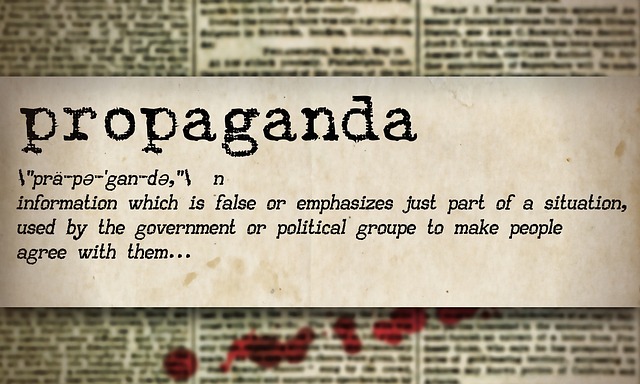In today’s digital age, the power of persuasion has taken on a new form, largely fueled by social media platforms. With billions of users worldwide, these platforms not only shape our connections but also significantly influence our opinions, beliefs, and purchasing habits. Social media has become a vibrant marketplace for ideas and products, creating an environment where persuasion is not just a skill, but a daily reality.
Understanding the impact of social media on our decision-making processes is crucial. Social media is designed to engage users with targeted content that resonates with their interests and emotions. Through algorithms that curate feeds based on user preferences and behaviors, social media platforms thrive on persuasive content that lures users into various narratives. The constant influx of information, reviews, and shared experiences can leave users feeling overwhelmed yet simultaneously compelled to engage.
The persuasive power of social media is particularly evident in marketing strategies employed by brands. Influencer marketing has emerged as a potent tool, where individuals with substantial followings endorse products and services. These influencers not only provide information but also craft compelling stories that resonate on a personal level, spurring followers to adopt similar beliefs or make purchases. This phenomenon doesn’t just apply to commercial products; social media has also played a pivotal role in shaping public opinion on critical issues, from climate change to social justice.
Furthermore, consider the impact of user-generated content. When friends or family members share their experiences or opinions on social networks, they are not just sharing information; they are subtly attempting to persuade others based on their credibility and relationship. This type of social proof can be incredibly powerful and often leads to a domino effect, where one person’s choice influences another’s decision-making.
However, it’s essential to recognize that while social media can be harnessed for persuasion, it can also lead to harmful biases. The echo chamber effect, where users only engage with content that reinforces their existing beliefs, can distort perceptions of reality. Misinformation spreads rapidly, and without critical thinking, individuals may find themselves persuaded by false narratives, which may sway their decisions on important matters.
Moreover, the psychology behind persuasion on social media taps into our basic human needs for belonging and validation. The desire to fit in and be accepted can lead users to make decisions that align with popular trends or opinions, often at the expense of their authentic preferences. This indicates a profound psychological influence where persuasion transcends mere marketing, becoming an intrinsic part of how we navigate our social landscapes.
In navigating this persuasive landscape, awareness becomes a powerful tool. As users of social media, we must learn to critically evaluate the information we encounter and recognize the underlying motives behind persuasive content. This doesn’t mean retreating from these platforms; rather, it involves becoming more discerning about the influences we allow into our lives.
The journey of understanding the power of persuasion through social media is ongoing. As we continue to engage with these platforms, we must remember that while they can foster connections and inspire action, they also challenge us to stay grounded in our values and beliefs amidst the noise. Ultimately, becoming conscious of how social media influences our decisions equips us to wield the power of persuasion wisely, shaping our personal and collective experiences in the digital realm.




